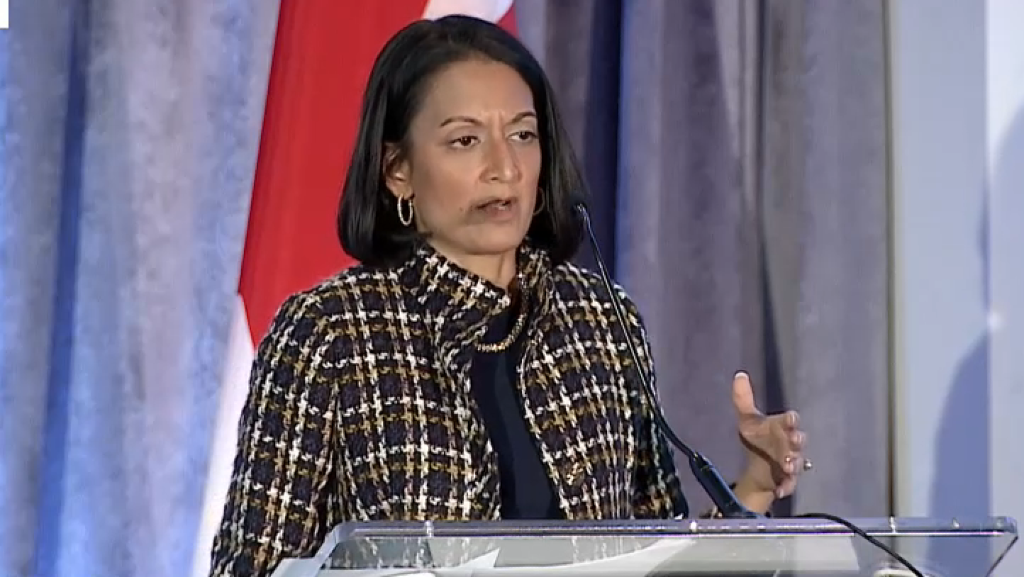Workforce Training Gap Next Great Challenge for Broadband, Conference Hears
There is a widespread concern that there is a lack of skills training provided for broadband deployment and maintenance.
Sudha Reynolds

WASHINGTON, December 15, 2022 – As the broadband labor market is expected to face challenges, more skills training must be deployed to find and train applicants, according to an advisor.
As the National Telecommunications and Information Administration prepares to disburse billions in funding from its Broadband Equity, Access and Deployment infrastructure program, questions have been raised about whether the nation has the workforce for the added infrastructure.
Jordon Sims, founder of Imperium Global Advisors, said at the 40th Annual Institute on Telecommunications Policy and Regulation on Thursday that he expects the workforce to be the next great challenge because of the deficiency in the labor force and lack of skills training provided. More skills training programs would efficiently prepare applicants to enter the workforce, as well as expand the number of applicants eligible through the provided skills training.
He recommended the government take an active role to foster and retain a strong broadband workforce. To achieve this goal, Sims said skills training programs should obtain further funding to expand the skills they teach and the number of programs offered. New and potential broadband employees should have skills training and be able to work in broadband without much prior experience.
The Wireless Infrastructure Association and the Fiber Broadband Association have identified these issues and have been working on partnerships to address the labor concern.
On a Broadband Breakfast panel on Wednesday, experts discussed the need for states to use BEAD funding to build a skilled and diverse workforce. An expected labor shortage is expected to occur and expanding skills training will help develop skills for potential applicants.
On a separate panel from the event, Nirali Patel, senior vice president of policy and advocacy at industry association USTelecom, said underrepresented students must also be prepared for jobs in technology through skills training provided through federal programs such as BEAD.
Correction: The photo accompanying a previous version of this article incorrectly identified Nirali Patel from USTelecom. The article has been modified with a photo that correctly identifies Patel.









Member discussion